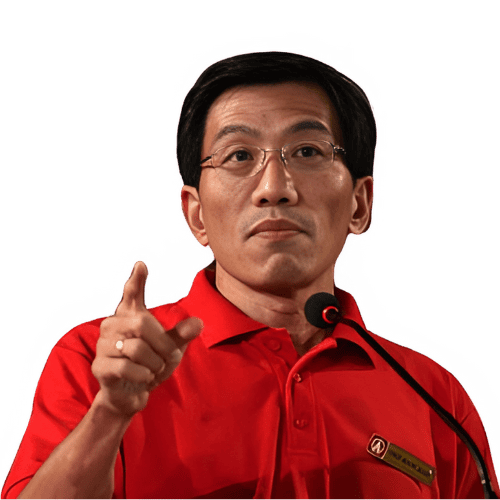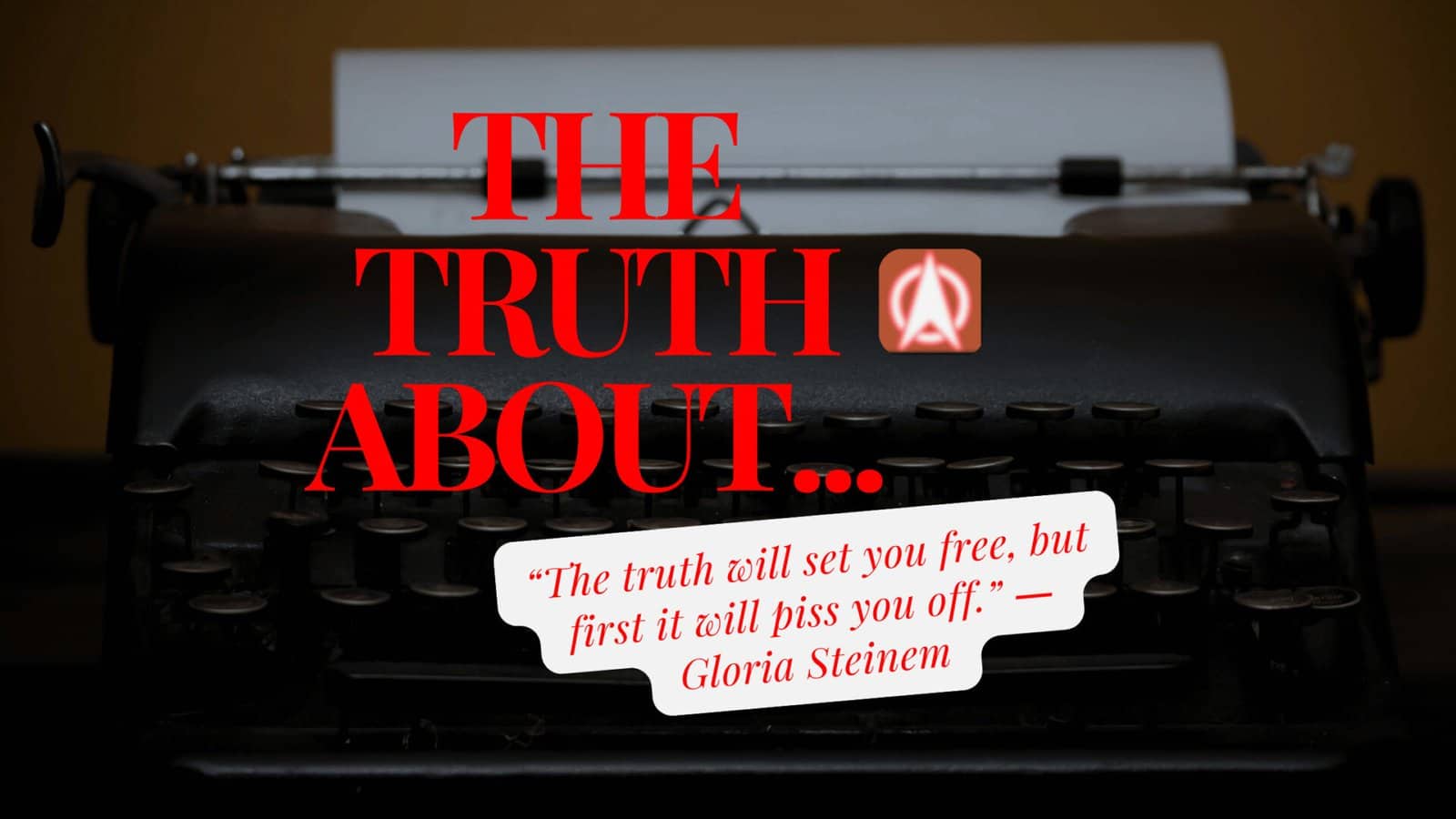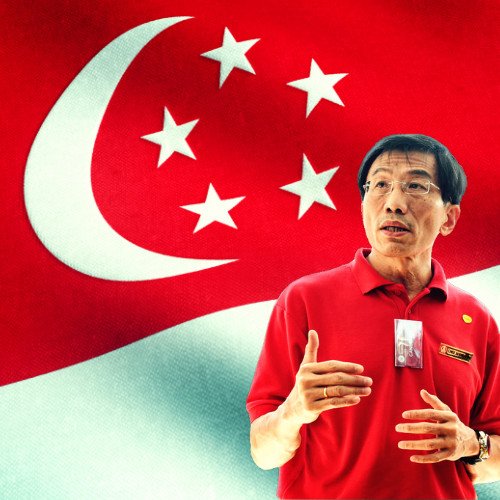
IN THE ABSENCE of genuinely free and fair elections, the act of voting becomes a treacherous impostor of democracy. In Singapore, the Elections Department is under the purview of the Prime Minister’s Office. Because it conducts its business largely away from public scrutiny, many are as convinced of its impartiality as they would be the act of a ventriloquist over the radio.
For instance, the Electoral Boundaries Review Committee redraws the boundaries and then submits its report to the cabinet for approval. The opposition and the public are not consulted, and the report bypasses parliament. Changes are announced only shortly before the elections. As a result, constituencies that showed strong support for the opposition party have undergone major surgery. These areas have either been redistributed to other PAP strongholds or wholly absorbed into GRCs.
Violations of the Parliamentary Elections Act (PEA) by the PAP are never acted upon. In the 1997 elections, several PAP ministers entered polling stations, which they clearly had no authority to do. Under the PEA, no unauthorised persons are allowed to loiter within 200 meters of any voting centre. Yet election officials did not attempt to enforce the rule. Worse, the Attorney General declined to prosecute, saying that the ministers were inside the polling centre—as opposed to loitering on the outside—and, hence, not in breach of any regulation.
Complaints and reports about ballot papers being folded together (which should be impossible, because each voter is required to fold his or her voting paper and place it individually into the boxes), the number of ballot papers exceeding the number of registered voters, ballots being sealed in the boxes before polling commenced, ballot boxes not being sealed in the presence of opposition candidates and their agents, and ballot boxes taken to centres outside of the constituency for counting all went unheeded.
The official campaign period is limited to eight days. The ruling party meanwhile enjoys the adoration of the media it controls and freely uses the publicity to introduce and generate support for its candidates months in advance of the election. Under the British system, the prime minister is empowered to select the election date. In Singapore, the end of the year has been the period favoured by the PAP for elections because of the monsoon rains, which prevent voters from attending the rallies of opposition parties. The government determines the time and the sites for public rallies, which usually means that the designated spots are remote and difficult to get to, with grounds that quickly turn into muddy swamps after a downpour.
The GRC system is a monstrous affront to parliamentary representation. Voters cannot choose the candidates they want. The professed rationale for this system is to ensure that ethnic minority communities are not underrepresented in parliament, since each GRC team requires at least one candidate from the minority groups. The PAP argues that the majority Chinese population would be reluctant to elect a candidate not of the same race. Such a principled endeavour would be praiseworthy if it were not for the fact that Jeyaretnam, a minority himself, defeated Chinese PAP candidates in 1981 and again in 1984.
In fact, the percentage of ethnic minority MPs declined relative to the population since the 1988 elections, when the scheme was first implemented. Add to this the increasing number of NMPs, the reluctance of the government to hold by-elections, and death of the one-person-one-vote system, and parliamentary democracy in Singapore has become something of an unpalatable joke.
One factor that makes Singaporeans so fearful of taking part in elections is the use of libel laws by the PAP. The judiciary is seen by many to be partial to the ruling party. Several opposition leaders have been rendered bankrupts when they have been unable to pay the millions of dollars in damages to the PAP plaintiffs.
Veteran oppositionist, Joshua B. Jeyaretnam, has paid more than a million dollars to Lee Kuan Yew and other PAP litigants. A former judge, Jeyaretnam had to sell his houses and almost all his possessions to make good on the payments. In January 2001, he was declared bankrupt because he could not pay the hundreds of thousands of dollars he still owed his opponents. Under the law he will lose his seat in parliament and be barred from future elections.
Tang Liang Hong, a successful corporate lawyer and an opposition candidate in the 1997 elections, was sued for defamation for remarks he made about PAP leaders during a public rally. Following the elections, Tang fled the country. His wife’s passport was quickly impounded and she was made a co-defendant in the lawsuit. Their assets were seized.
Months later, a high court judge awarded the 11 PAP plaintiffs US$4.7 million, later reduced to US$2.1 million. Tang was subsequently declared bankrupt when he failed to pay the money. He and his wife lost everything they owned in Singapore. The story would have been less wretched had it ended there. During his exile, the government charged him with 33 counts of tax evasion. There is presently an outstanding warrant for his arrest.
In 2001, Lee Kuan Yew and Goh Chok Tong sued Dr Chee Soon Juan for defamation for raising questions about Singapore’s secretive loan to the Suharto regime in 1997 just before he was toppled. The courts then refused to allow Dr Chee to engage foreign lawyers in the form of Queen’s Counsels (QC), even though Dr Chee had indicated that he could not find a local lawyer to represent him and that Lee and Goh had engaged a Senior Counsel (Singapore’s equivalent of the QC) to act for them. The case was subsequently awarded to the plaintiffs in a summary judgment which meant that Dr Chee was not given an open trial to defend himself and call for witnesses. The plaintiffs were awarded $500,000 in damages.
This was not the first suit brought against Dr Chee. In 1993 when he was sacked from the National University of Singapore and three months after he joined the opposition and contested in an election, Dr Chee was also sued for defamation by the head of the department, who was a PAP MP, for disputing that his dismissal. The amount of costs and damages awarded was approximately $400,000.
Such a scenario has prompted Amnesty International to remark: “Civil defamation suits are being misused by the Executive to intimidate and deter those Singaporeans holding dissenting views.”
It is no wonder then that in its annual report Freedom House says that, “Citizens cannot democratically change their government.”
What is The Truth About...?
In the spirit of remembrance and reflection, I am re-publishing a series of essays titled “The Truth About…,” delving into pivotal moments in the democracy movement over the past 15 to 20 years. These posts serve as a testament to the enduring struggle for democratic ideals and the pursuit of truth in Singapore.

The Singapore Democratic Party's Journey Through Time
Delve into the rich history of the Singapore Democratic Party (SDP), a key advocate for democracy and human rights in Singapore since its founding in 1980 by Chiam See Tong. This timeline highlights significant milestones, from early electoral successes and leadership transitions to ongoing advocacy under Chee Soon Juan.
Championing Democracy: In-Depth Analyses
Explore political articles offering in-depth analysis and critical perspectives on the current government of Singapore. These commentaries, penned by Dr. Chee Soon Juan, provide a thought-provoking examination of national policies, governance, and the implications for our society. Dive into these pieces to gain a deeper understanding of the challenges and opportunities facing Singapore today.


SDP announces its 2024-2026 Central Executive Committee line-up
Read more
Boots on the Ground! – SDP National Day Walkabout
Read moreTake the Democratic Challenge Quizzes Now!
Embark on an enlightening journey through Singapore’s political history and democratic evolution. Engage with our curated quizzes that delve into key issues, the influential Singapore Democratic Party, and the inspiring story of Dr. Chee Soon Juan. Each quiz offers a unique opportunity to learn and reflect on the dynamic forces shaping Singapore’s democracy. Click the below and start exploring today!






